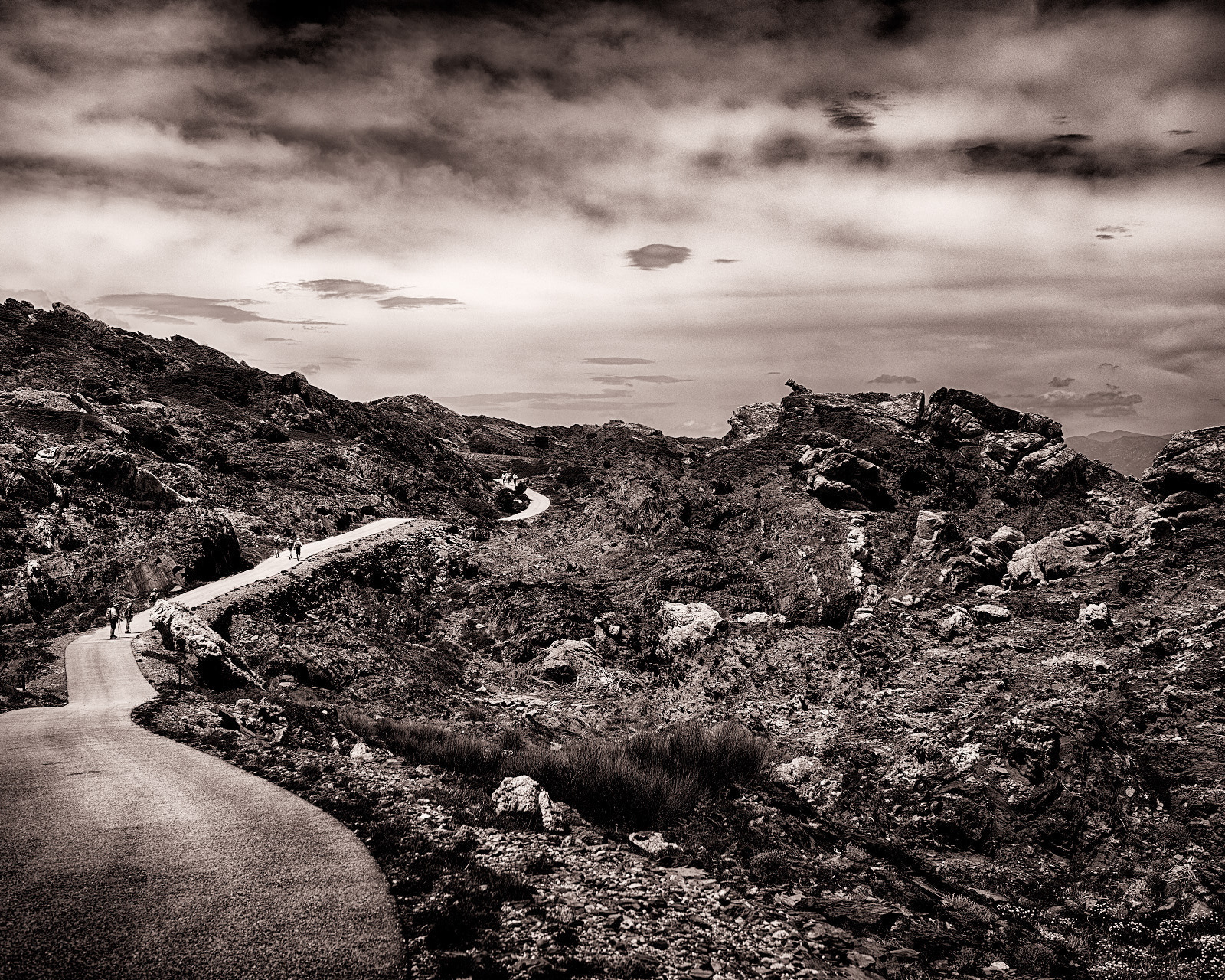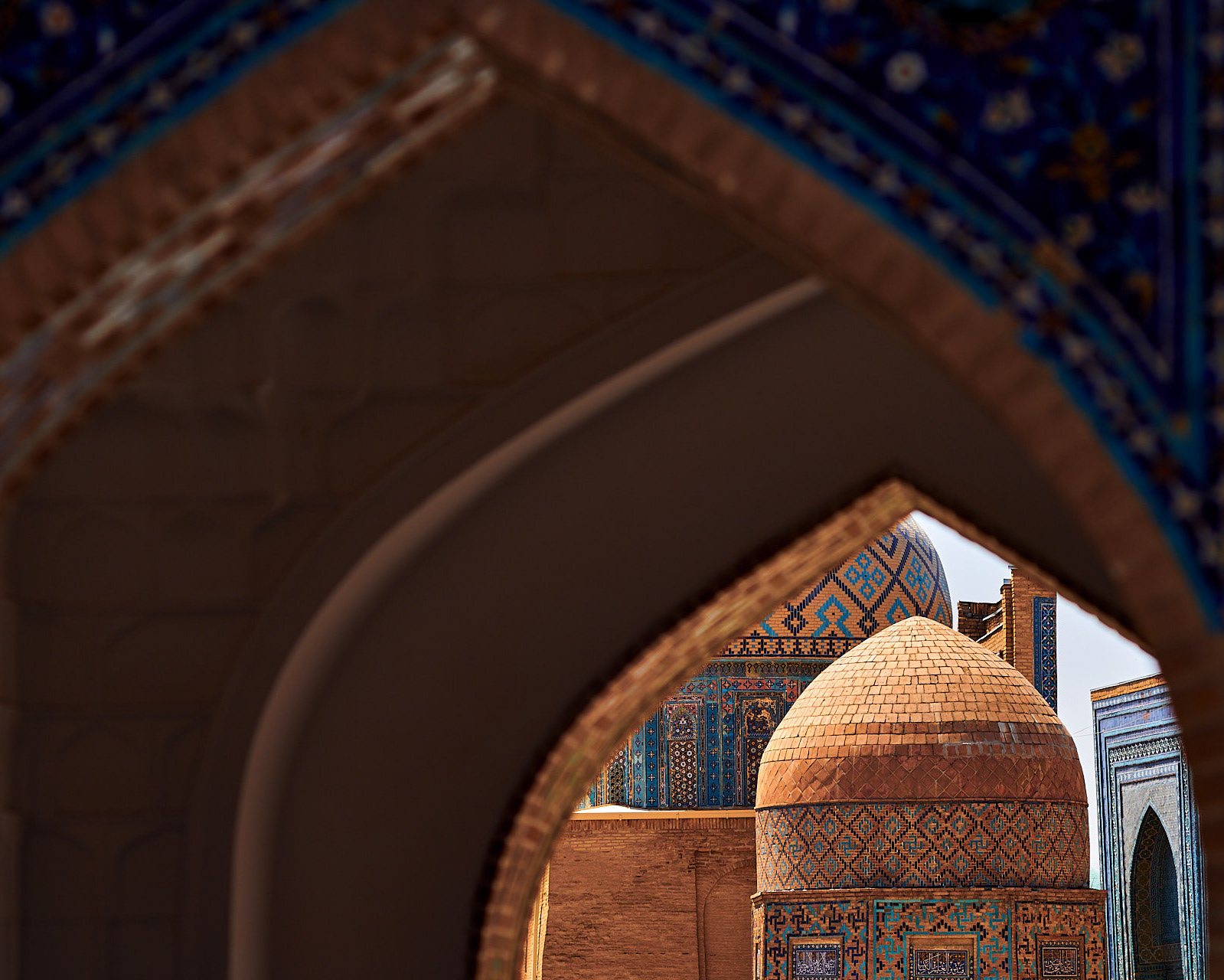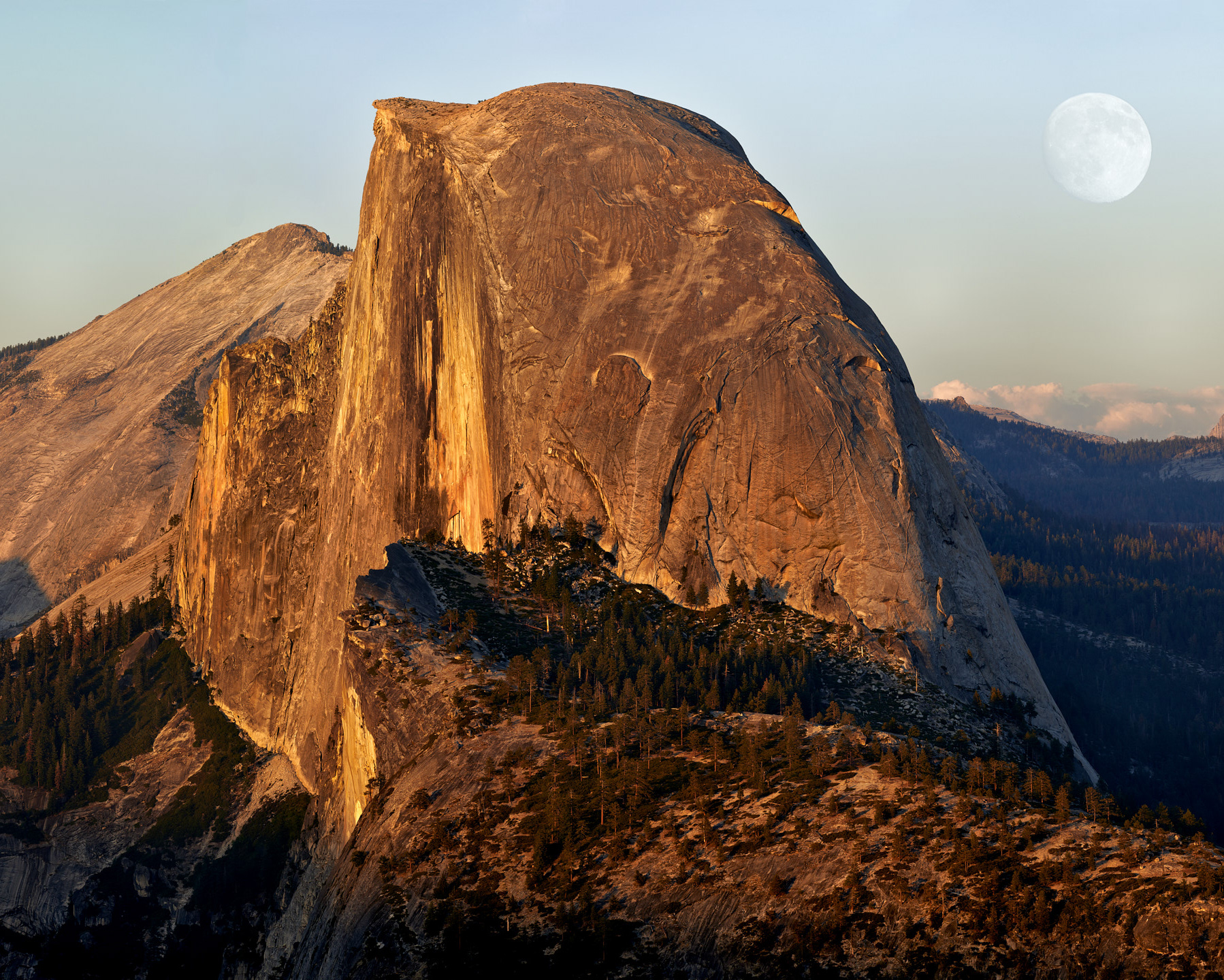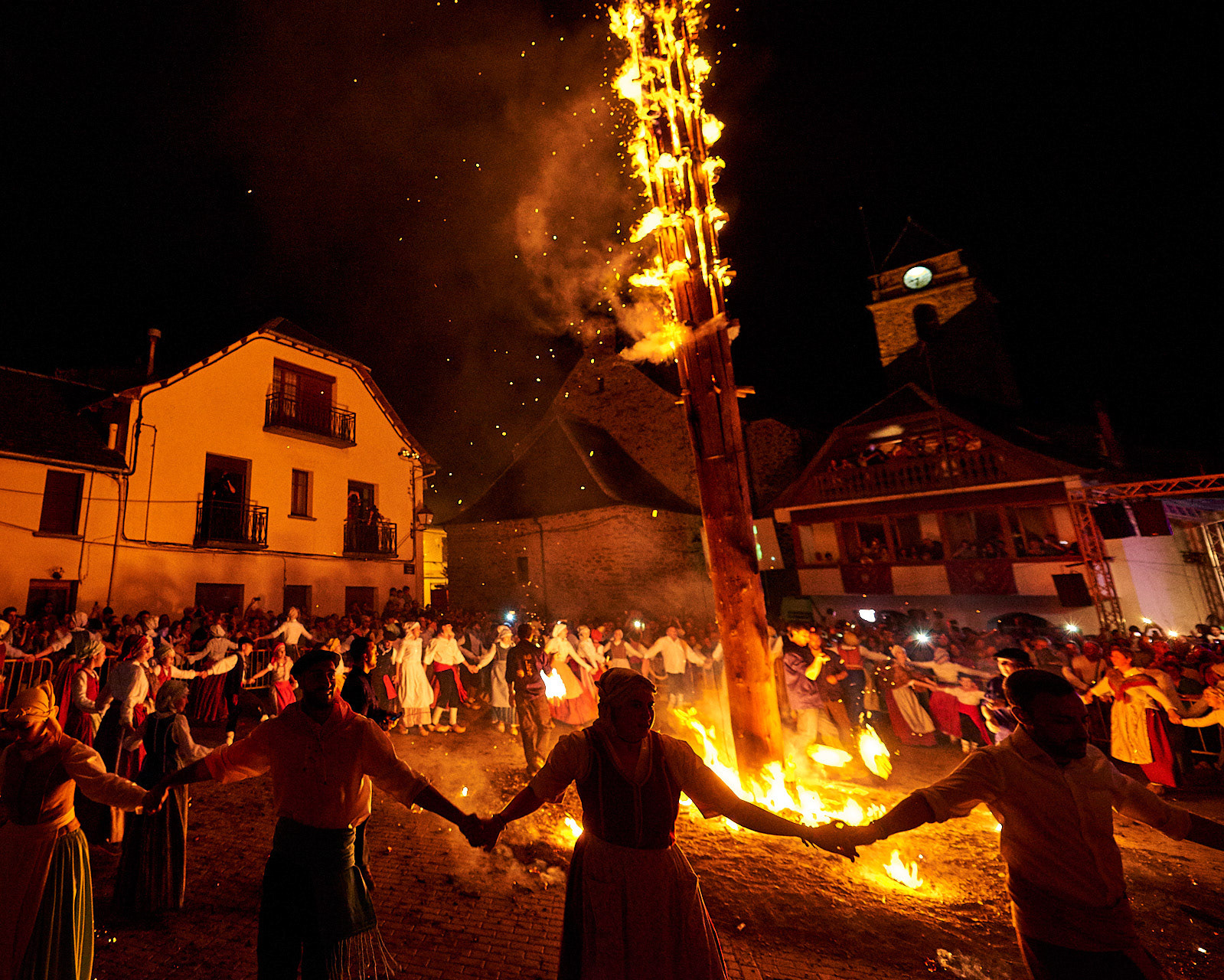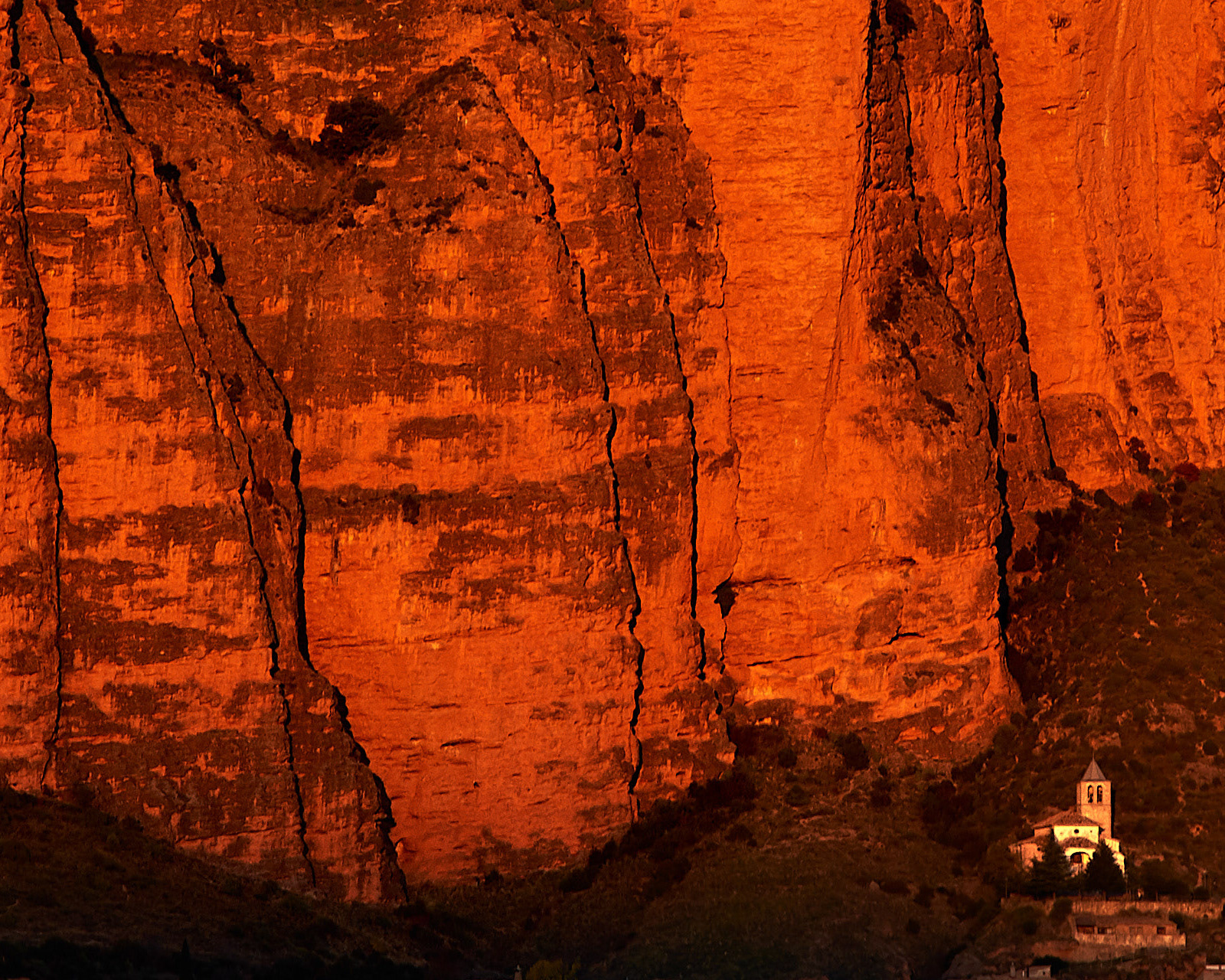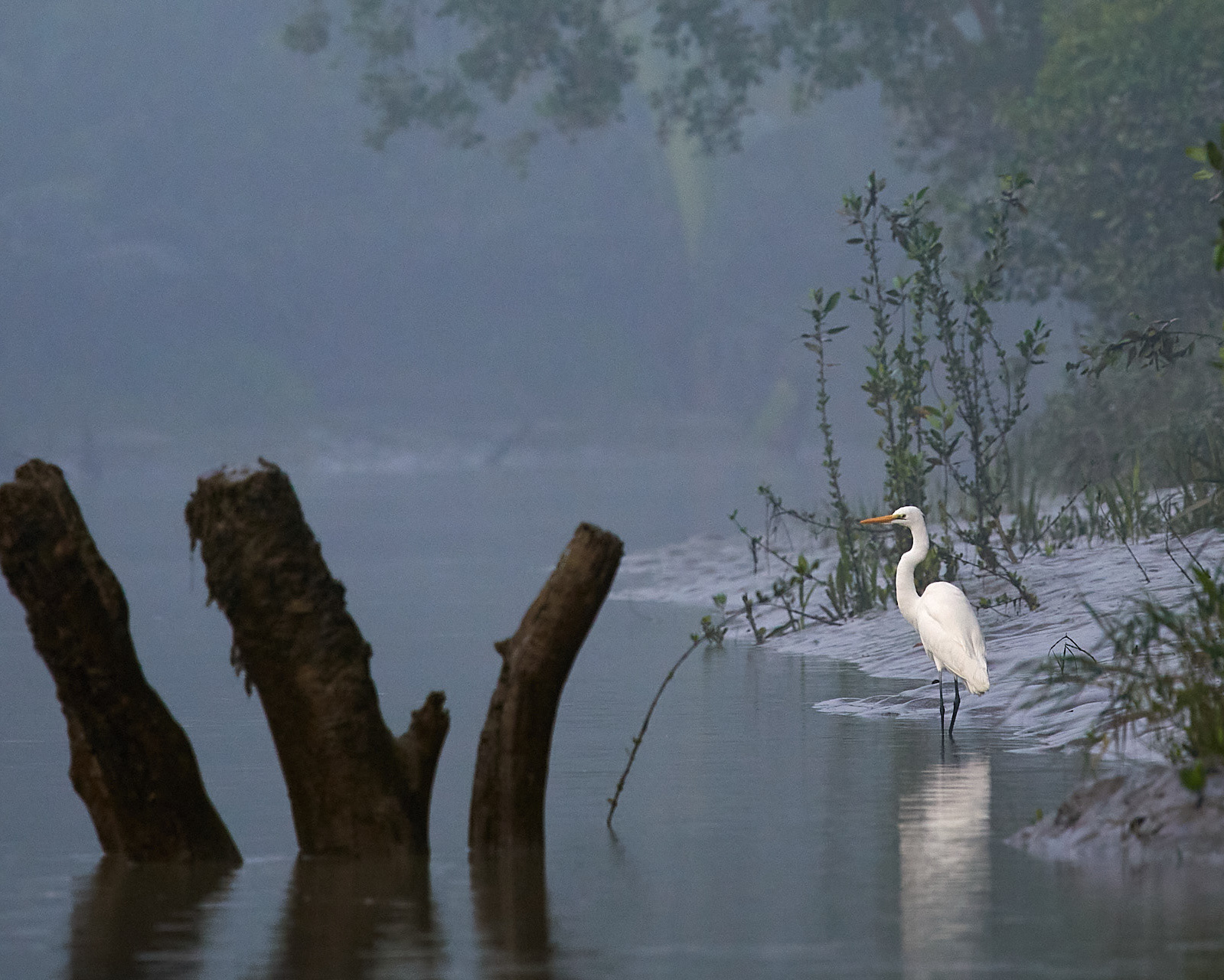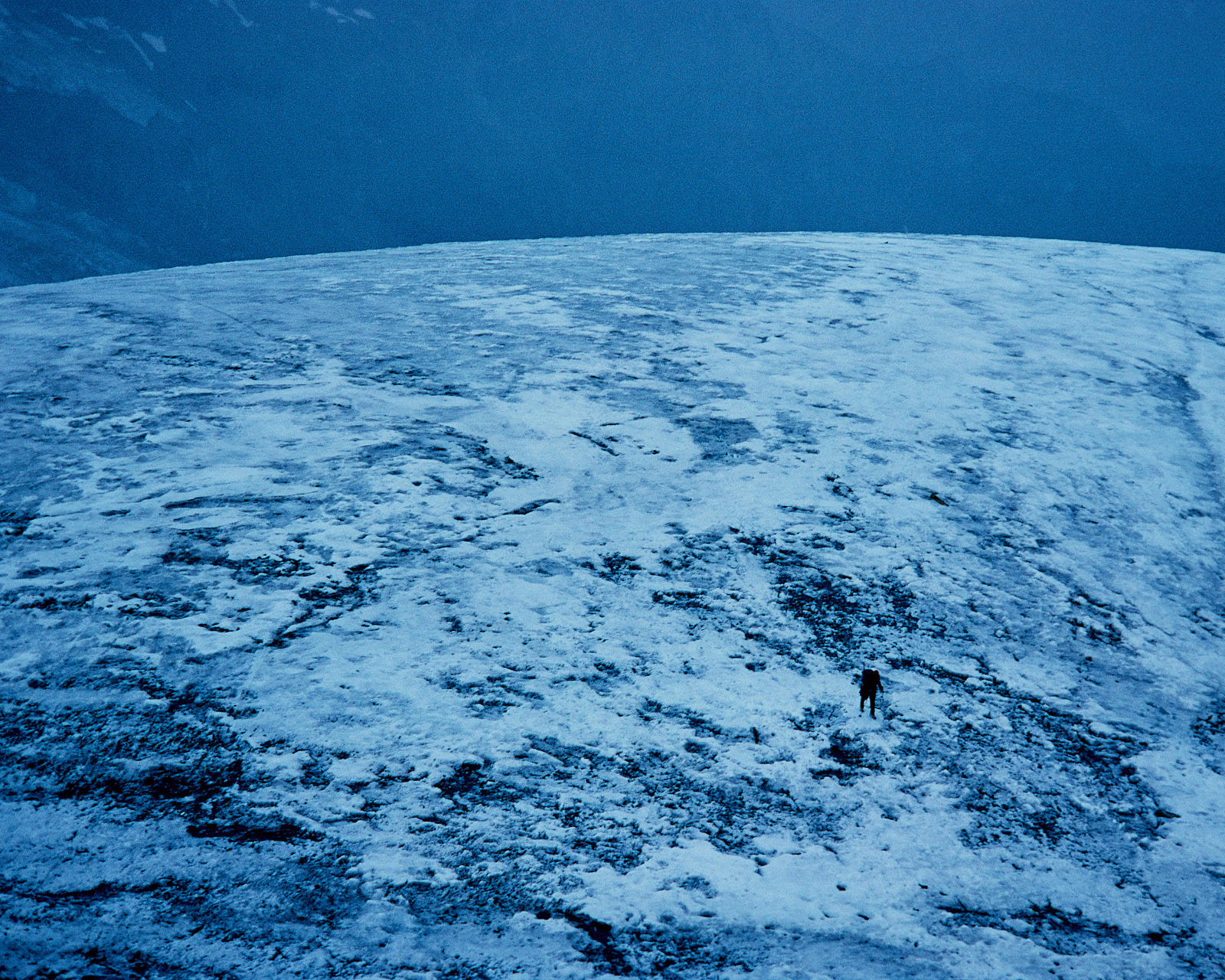Buddhist monks prepare everything for the celebrations over the following days.
Everyone, from the kids in swimming pools to the water throwers and the motorcyclists getting soaked, is having a great time. Foreigners are not exempt from this treatment. If you're in Laos during the holiday, expect to be soaked by passing teenagers, using buckets of water or high-pressure water guns.
There's an important dress code at Pi Mai, consisting of the brightest Hawaiian shirt or dress you can find. Matching Pi Mai shirts is a popular group option.
People throw water at each other, to wash away any bad will that related to the past year. At the same time, there are certain local rules: you shouldn't throw water at monks, elders, and the occasional well-dressed woman on her way to an important New Year event.
From rice, to fresh vegetables, steamed fish, frogs, and anything else that might be the day’s catch, all is sold at this rather informal morning market. Most of the market stalls are nothing more than a local woman putting down a blanket on the ground and putting her produce onto it.
In half an hour by boat you can travel across the Mekong to the Pak Ou caves.
At the Hat Muang Khoun sandbar located in Chomphet District across the river from Luang Prabang, locals build sand stupas called toppathatsay to make merit, decorate them with flowers and hand-painted flags, and sprinkle river water on each other. Locals believe these sand stupas prevent evil spirits from passing over from the previous year into the new one. Sand stupas symbolize the mountain, Phoukhao Kailat, where King Kabinlaphrôm's head was kept by his seven daughters (ahead you will read about it).
Nestled near the rivers on the bank of the Mekong, Wat Long Khoun is one of the best-known Buddhist temples of the country. Also known as ‘Monastery of the Happy, used to be a place for spiritual rejuvenation seekers.
Pak Ou caves are filled with Buddha statues.
Hundreds of images are placed here in every single corner of the cave.
It cannot be denied that Kuang Si Waterfall with spectacular cascades is the major highlight, located away from the south of Luang Prabang 29 kilometres.
According to a Lao legend, the Pi Mai celebration started after King Thao Kabinlaphrôm lost his life in a bet to a man named Thammaban Khuman. King Kabinlaphrôm was not able to solve a three-part riddle. Per his request, his seven daughters (representing each day of the week) took great care not to let his severed head touch the ground or there would be great destruction throughout the world. The head was kept at Mt. Sumeru until Pi Mai of each year when each daughter would take turns cleansing it. Today, this story is reenacted during the Lao New Year celebration.
The community crowns Miss Pi Mai Lao (Miss Lao New Year) in the annual beauty pageant in Luang Prabang to represent Nang Sangkhan, one of the seven sisters, to lead a procession or parade while showcasing a replica of Thao Kabinlaphrôm on a ceremonial tray called Khan.
On this day, the elderly will incite young people not to sleep and be active; taking a nap or staying still will result in bad luck for the coming year.
The Bamboo Bridge to cross the Nam Khan River is often washed away by the rising water during the rainy season. The small fee you'll pay to cross helps a local family rebuild this structure each year.
This first day of the New Year begins with an early morning procession of monks and alms giving or tak bat.
Saffron-robed monks and novices emerge onto the streets with their alms bowls (bat). Awaiting them are Lao people who have already taken the time to prepare sticky rice and other foods; they will place a portion in the bowl of each monk who passes by. The ceremony is undertaken in complete silence.
People go to the temple and make offerings to gain merit.
During the New Year, water plays a big part in the festivities. Laotians bathe Buddha images in their local temples, pouring jasmine-scented water and flower petals on the sculptures.
Monks provide the water and blessings for those flocking to each temple, along with white bai sri strings which are also tied around devotees' wrists.
Ceremony of watering the Buddha for blessing in a temple in Luang Prabang.
People dresses their finest traditional clothes and make offerings to ask for good luck in the coming year.
For religious people, the most important celebration is the Hae Vor procession where the Pha Bang Buddha is carried through the streets on a golden palanquin. This Buddha statue is considered the religious symbol of Laos, and represents the right to rule the country.
Leaders of the town’s most notable Buddhist temples ride in gilded, pagoda-shaped palanquins, flanked by monks and other devotees, as watchers sprinkle water on the parade passing by.
Ceremonial waters are first poured by personifications of the Lao ancestors, two red-faced toothy heads called Pou Gneu (Grandfather) and Gna Gneu (Grandmother), and a lion-faced mascot named Sing Kaew Sing Kham.
And followed by hundreds of monks.
Except for its two bathing days, the Pha Bang Buddha image expends all the year in the National Museum, down the street. Dates to the 14th century when the reigning Khmers gave it to Lao royalty as a gift. It survived hundreds of years of battles, persecution, Chinese Haw invasions, and the 1975 Lao communist revolution.
After the procession the Pha Bang Buddha is installed under a temporary pavilion in Wat Mai, and bathed through sluice pipes carved into the shape of legendary water serpents.
Locals will also have the chance to pour water on the Pha Bang to make merit for the coming year.
The New Year comes to its official end when the Pha Bang is brought back to the museum three days later.


